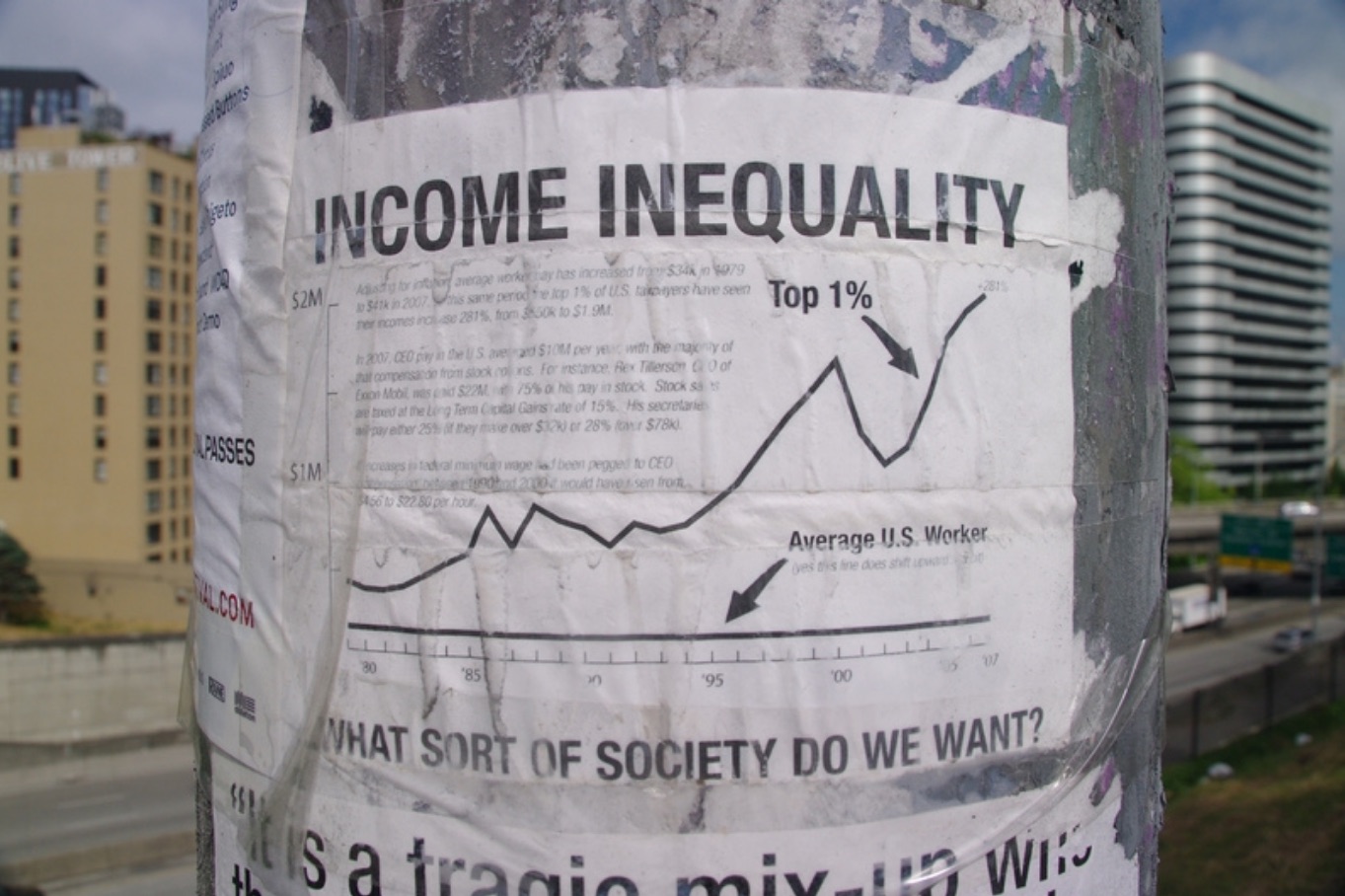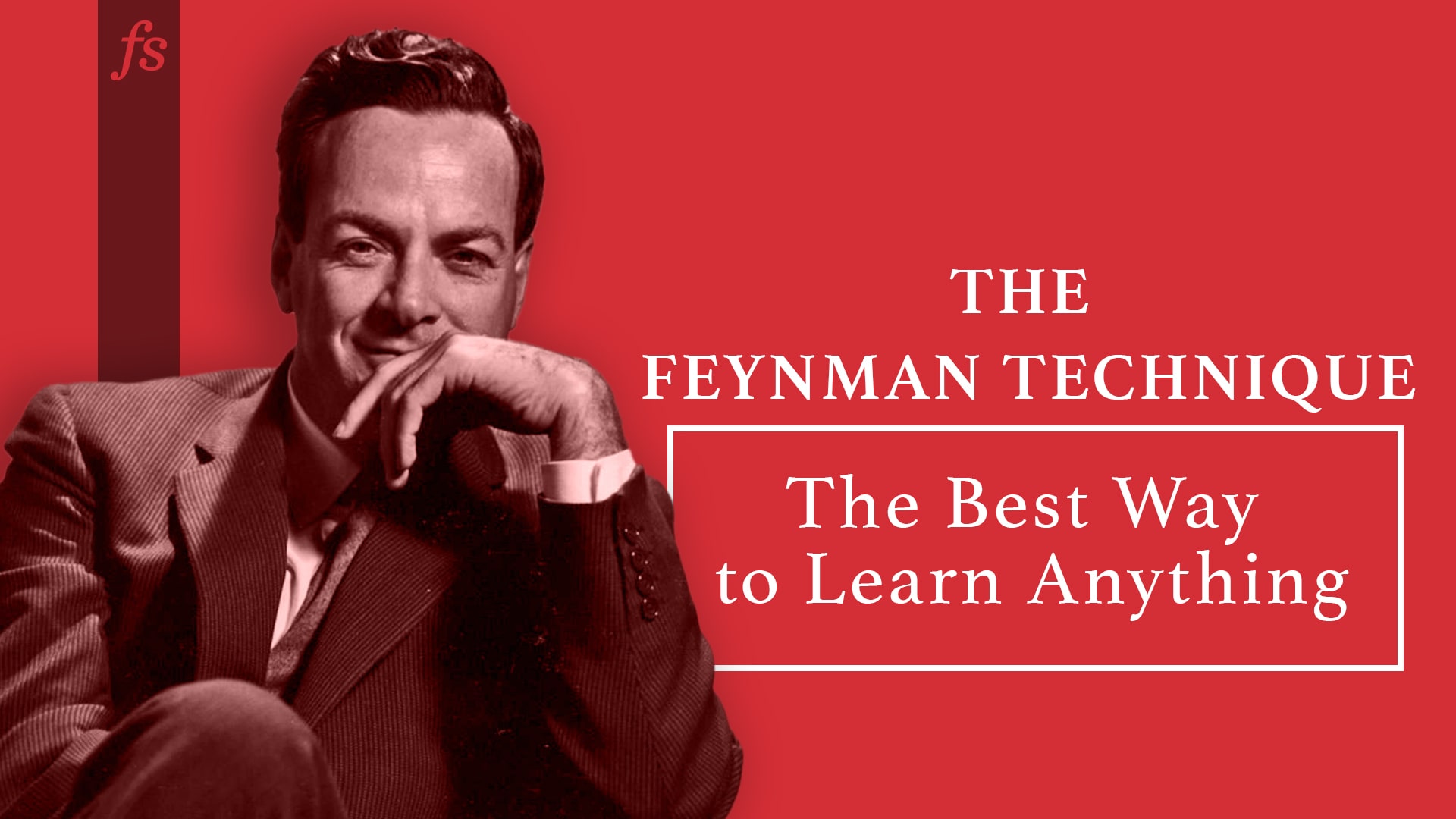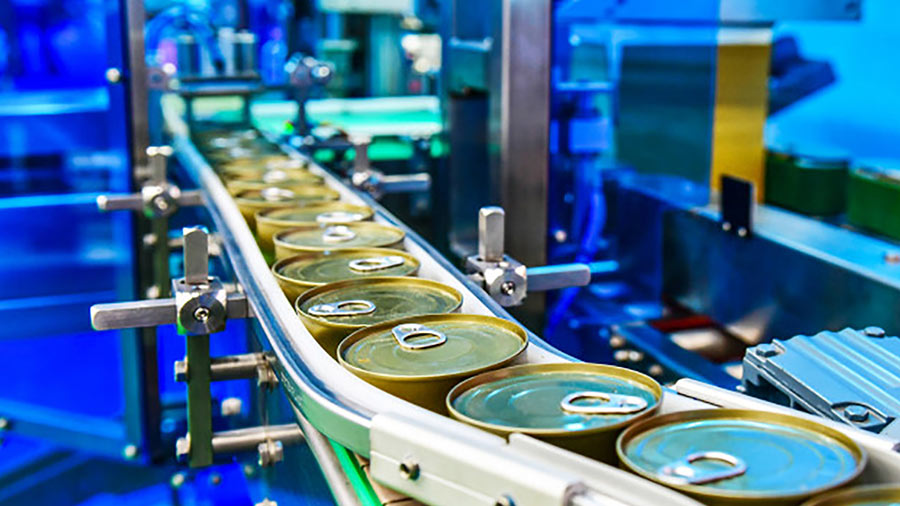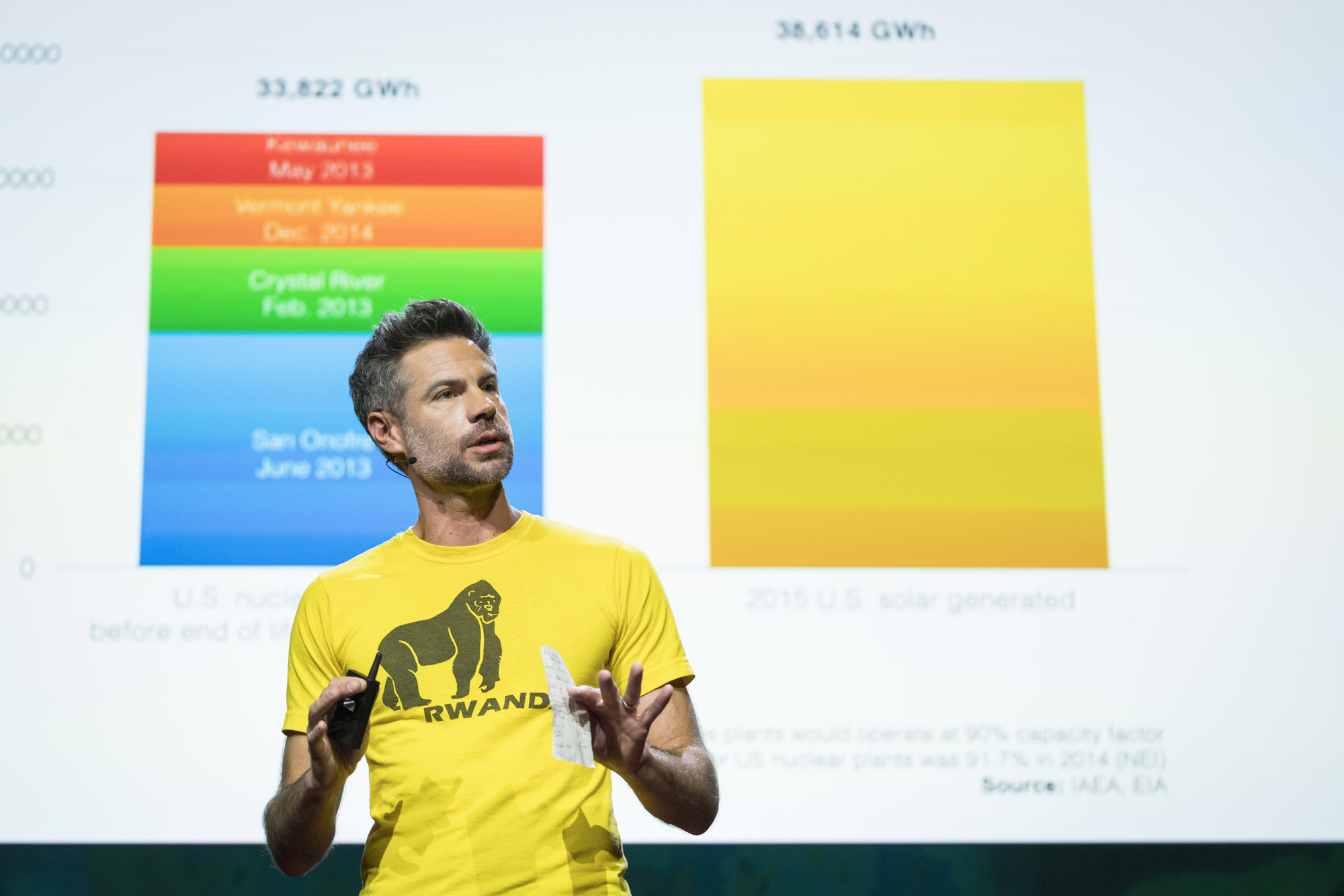   
CEO Picks - The most popular editorials that have stood the test of time!
How algorithms rule our lives, sometimes quite unfairly
Phrenology was a pseudoscience that was briefly popular in the 19th century. Phrenologists would run their fingers over the patient's skull, probing for bumps and indentations. Each one, they thought, was linked to personality traits. If a patient was morbidly anxious or suffering from alcoholism, the skull probe would usually find bumps and dips that correlated with that observation - which, in turn, bolstered faith in the science of phrenology. Phrenology was a model that relied on pseudoscientific nonsense to make authoritative pronouncements, and for decades it went untested. Big data can fall into the same trap. More in this Guardian piece about how algorithms rule our working lives, sometimes quite unfairly. Continued here |
Is economic inequality a problem to be solved?
The difference between CEO salaries and median wages has been a topic of recent debate. Rising economic inequality is also increasingly an election issue around the world. Perhaps a more nuanced look at the problem is required. While we certainly need less rent-seeking (monopolistic) behaviour and we don't need private sector losses being financed by taxpayer money, we certainly need innovators to be rewarded by the market for their initiative and efforts; especially innovation that moves humanity forward. We also need to give every citizen a fair shot to get out of poverty and pursue their dreams, i.e. create a level playing field. This means more investment in public goods like education and infrastructure, and less corruption. Perhaps, the problem needs to be rephrased to that of providing equal opportunity, rather than ending economic inequality.
|
� | � |  | The Feynman technique for learning something new
Learning should never stop. The Feynman technique is a simple technique that helps you learn anything new. Step 1: Choose a concept that you think you broadly understand. Step 2: Explain it to a child (yes, if you know it well enough, you should be able to teach it to a child; also prevents you from relying on jargon). Step 3: The previous step would have helped you understand your own gaps in knowledge (you stumble explaining in simple terms when you don't understand something clearly), so go back and fill in those gaps. Step 4: Repeat Steps 2 and 3 till there are no gaps. You have now really learnt something new! Continued here |
When you change the world and no one notices This fascinating piece titled 'When you change the world and no one notices' gives examples of major inventions that went unnoticed for years and took decades to get accepted. The first passing mention of the Wright Brothers in The New York Times came in 1906, three years after their first flight. A similar thing happened with the telephone and with passenger cars. Jeff Bezos says 'Invention requires a long-term willingness to be misunderstood. You do something that you genuinely believe in, that you have conviction about, but for a long period of time, well-meaning people may criticize that effort.. if you really have conviction that they're not right, you need to have that long-term willingness to be misunderstood. It's a key part of invention.' This is such an important message. Things that are instantly adored are usually just slight variations over existing products. We love them because they're familiar. The most innovative products - the ones that truly change the world - are almost never understood at first, even by really smart people. This fascinating piece titled 'When you change the world and no one notices' gives examples of major inventions that went unnoticed for years and took decades to get accepted. The first passing mention of the Wright Brothers in The New York Times came in 1906, three years after their first flight. A similar thing happened with the telephone and with passenger cars. Jeff Bezos says 'Invention requires a long-term willingness to be misunderstood. You do something that you genuinely believe in, that you have conviction about, but for a long period of time, well-meaning people may criticize that effort.. if you really have conviction that they're not right, you need to have that long-term willingness to be misunderstood. It's a key part of invention.' This is such an important message. Things that are instantly adored are usually just slight variations over existing products. We love them because they're familiar. The most innovative products - the ones that truly change the world - are almost never understood at first, even by really smart people.
Continued here |
| � |  | India cannot ignore manufacturing, despite the robots
Even though with a misleading title, this article rightly argues that manufacturing is where India can employ its millions of uneducated youth. According to manufacturing pessimists, the economics -- at a time when global trade is slowing and robots are supplanting workers everywhere -- don't make sense. However, like every other low-wage economy throughout history, India (with a tiny 1.5% of world exports) should be conspiring to steal someone else's share of the export pie, not worrying whether there's enough to go around. This is what Vietnam and Bangladesh, for example, are busy doing. Also, robots are decades away from replacing the kind of labour we are talking about here. The idea that services can fill the gap is wishful thinking. Low-skill services don't provide steady employment and the security that gives rise to entrepreneurship and education -- and eventually, a modern middle class. Meanwhile, high-skill services don't fit the profile of India's badly educated labour force. So far the country's services export sector has created only a few single-digit million jobs in total. |
We're not in a clean energy revolution; we're in a clean energy crisis
"We're not in a clean energy revolution; we're in a clean energy crisis," says climate policy expert Michael Shellenberger. His surprising solution: nuclear. In this passionate talk, he explains why it's time to overcome longstanding fears of the technology, and why he and other environmentalists believe it's past time to embrace nuclear as a viable and desirable source of clean power. The irrational fear of nuclear energy is making developed countries retire nuclear plants, with too few new plants being commissioned by India and China (the two countries expanding nuclear energy use). In fact, this global reduction will actually reduce clean energy production (in percentage terms) as a source of energy in the world over the next 10 years. More in this TED Talk Continued here
� |
TradeBriefs Publications are read by over 10,00,000 Industry Executives |





No comments:
Post a Comment